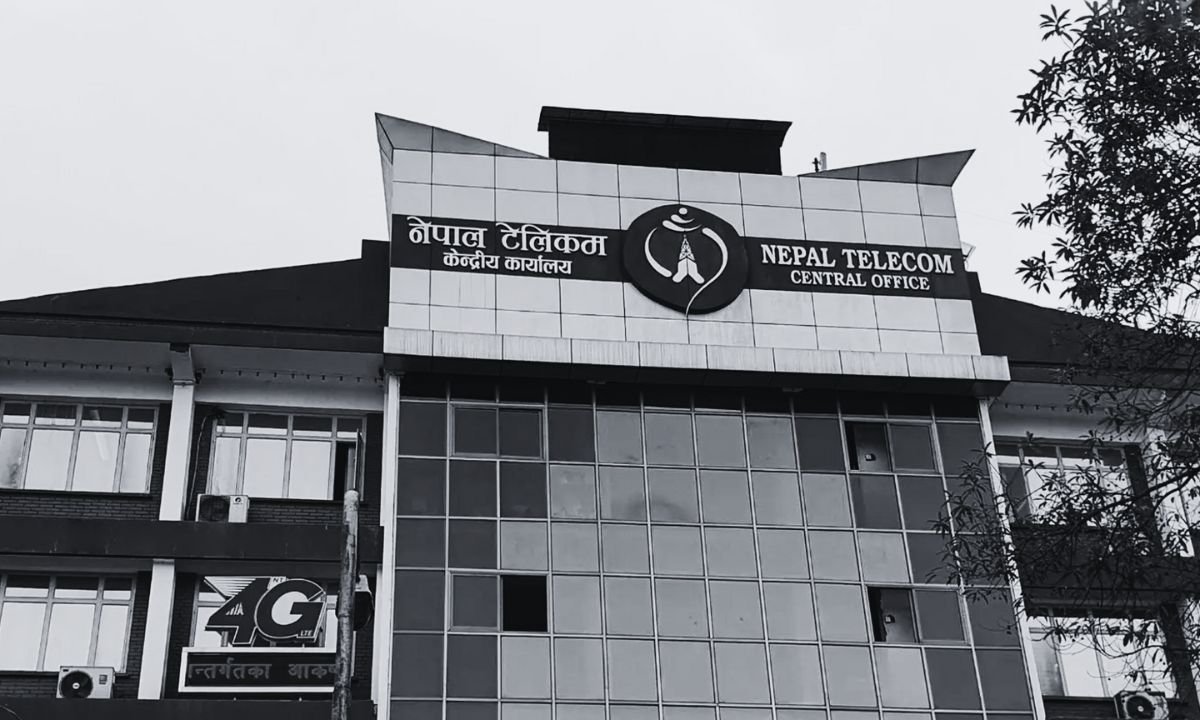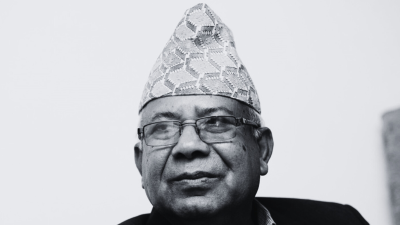Now Reading: Who Benefits When Public Contracts Go Unchecked in Nepal?
- 01
Who Benefits When Public Contracts Go Unchecked in Nepal?

Who Benefits When Public Contracts Go Unchecked in Nepal?
The unfolding corruption case at Nepal Telecom highlights a critical question: Who truly benefits when public contracts are allowed to bypass scrutiny?
The Commission for the Investigation of Abuse of Authority (CIAA) has initiated a significant legal proceeding against Nepal Telecom Managing Director Sangita Pahadee, former NITC Executive Director Sunil Paudel, and 16 others. At the core of the allegations lies the manipulation of public procurement processes, particularly within the vital telecommunications sector. This isn’t just a legal battle; it’s a stark examination of institutional integrity, public accountability, and ethical leadership in Nepal.
The Rs 334 Million Question: Where Did the Money Go?
According to the CIAA, the heart of this scandal involves the alleged improper extension of an Annual Maintenance Contract (AMC) for Nepal Telecom’s crucial billing system. This extension was reportedly granted without any competitive bidding, directly violating established procurement laws.
The billing system, which processes transactions for millions of users, is fundamental to how Nepal Telecom generates and collects its revenue. The alleged motive behind bypassing competitive bidding? A combination of convenience, favoritism, and the quiet assumption that no one would notice. This lack of transparency reportedly siphoned an estimated Rs 334.82 million away from public coffers.
But the deeper, more unsettling question remains: Who ultimately profited from these unchecked contracts? And why do public institutions and the individuals within them persistently bypass systems designed to ensure fairness and accountability?
When Rules Are Optional: The Real Beneficiaries
This case isn’t an isolated incident; it’s a troubling pattern observed across many developing nations, including Nepal. Rules, intended to ensure equitable and transparent public spending, are often treated as optional when institutional culture normalizes shortcuts. This isn’t merely a failure of oversight; it represents a profound ethical breakdown at the leadership level.
Public officials are entrusted with the stewardship of national resources. When a system as fundamental as billing—designed to ensure fair revenue collection—is manipulated for personal or organizational gain, it signifies a deep erosion of basic governance principles. The beneficiaries, in such scenarios, are rarely the public, but rather a select few individuals and favored contractors.
Public Systems: For Whom Are They Truly Built?
This situation forces us to confront a fundamental philosophical question: Who are public systems genuinely built to serve? If they are indeed for the people, then why are they so vulnerable to misuse by those in positions of power?
A telecommunications billing system, while technical, directly impacts every citizen. If the system fails—due to improper maintenance, upgrades lacking scrutiny, or outright tampering—the negative consequences are not felt in the boardroom, but by the general public. This corruption isn’t an abstract concept; its impact is tangible in every overcharged phone bill, every dropped call, and every failed service request. The ultimate beneficiaries of such unchecked contracts are never the citizens who rely on these services.
The Cycle of Impunity: Why Repeat Offenders Return
The re-emergence of individuals with controversial histories, such as Sunil Paudel—already convicted in a separate procurement scandal involving the National Payment Gateway—raises another critical issue: Why are individuals with questionable pasts repeatedly allowed into high-stakes decision-making roles?
This isn’t just about legal eligibility; it’s a glaring question of moral accountability. In systems where past misdeeds are neither adequately remembered nor held against powerful figures, institutions quietly learn to tolerate misconduct. This tolerance, over time, dangerously morphs into the norm, creating a fertile ground for unchecked contracts and widespread impunity. The beneficiaries are those who exploit this systemic weakness.
Our Debt to the Public: Reclaiming What’s Lost
Ultimately, this case demands a deeper societal reflection: What do public institutions truly owe to the citizens they are mandated to serve?
They owe:
- Transparency in every financial transaction and decision.
- Accountability for all actions taken and resources managed.
- Protection of state resources from any form of exploitation.
When those entrusted with safeguarding these principles are themselves found violating them, the damage extends far beyond financial losses. It profoundly erodes the very idea of a just and equitable society. The beneficiaries of this erosion are those who thrive in the shadows of unchecked power.
Looking Ahead
The legal outcome of this case may result in financial penalties or prison terms for those found guilty. However, true justice will only be achieved if public institutions undertake a rigorous and uncomfortable self-examination:
- How was this systemic failure allowed to persist?
- Which oversight mechanisms failed?
- How can public trust be rebuilt, not just through legal rulings, but through a fundamental cultural shift?
Nepal Telecom’s billing system was never intended to be a battleground for corruption. Yet, it now stands as a powerful symbol—a stark warning that when transparency and accountability are neglected, even the most routine public systems become tools of exploitation. And the answer to “Who benefits?” is clear: not the public, but those who operate in the shadows of unchecked power. In a society where public resources are repeatedly misused, can genuine progress ever be more than a mere slogan?



















